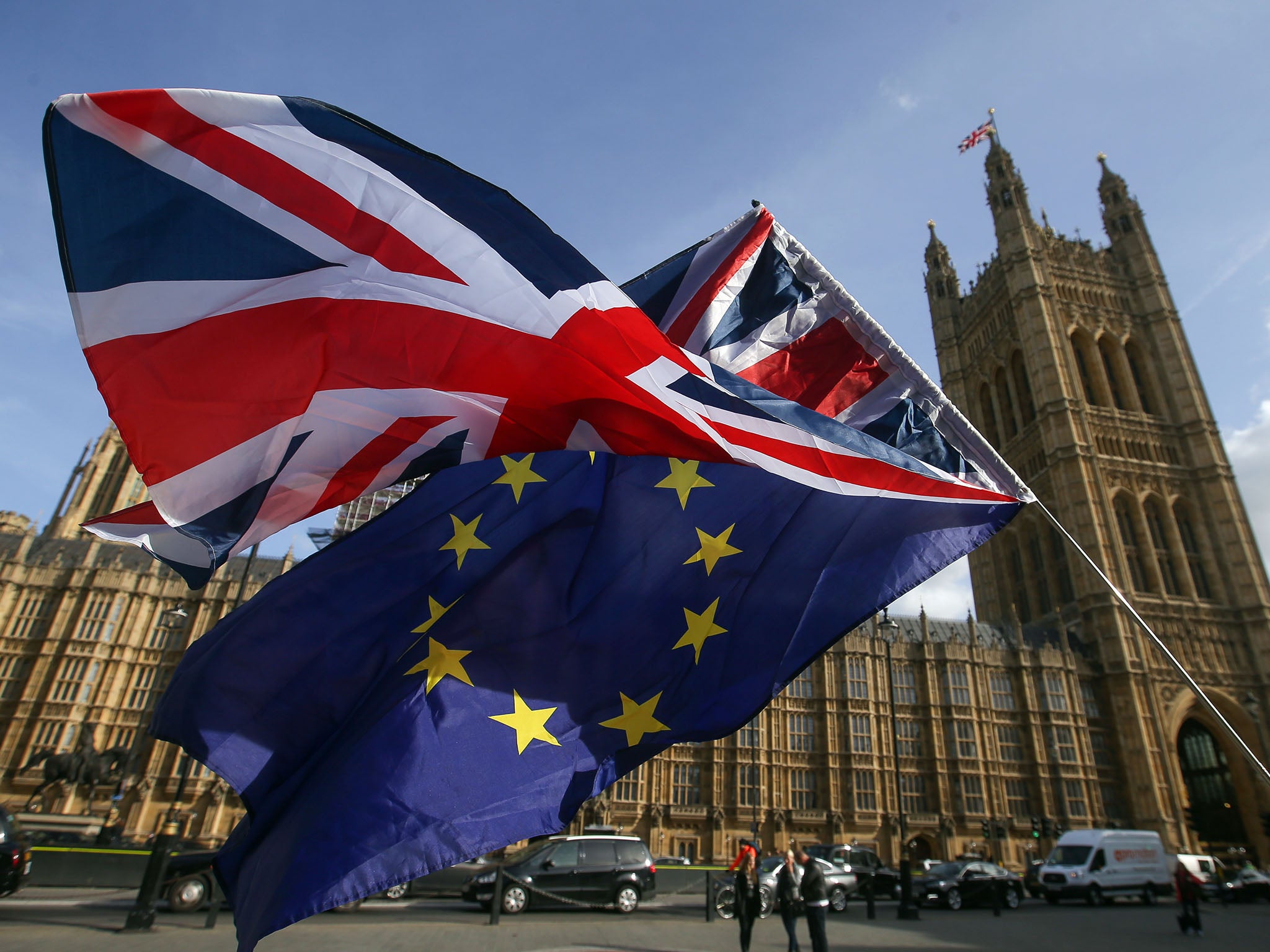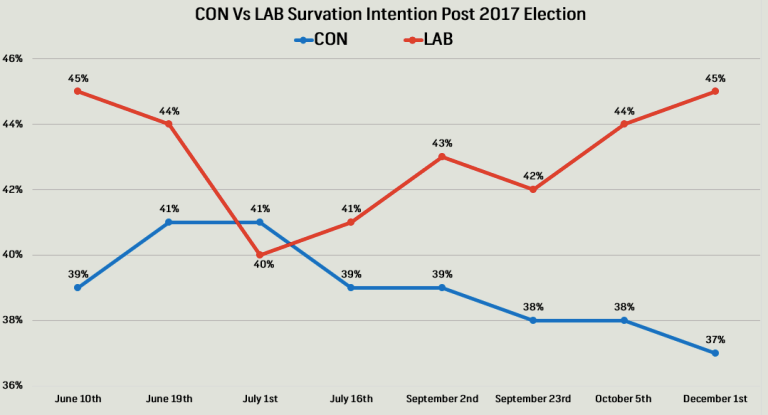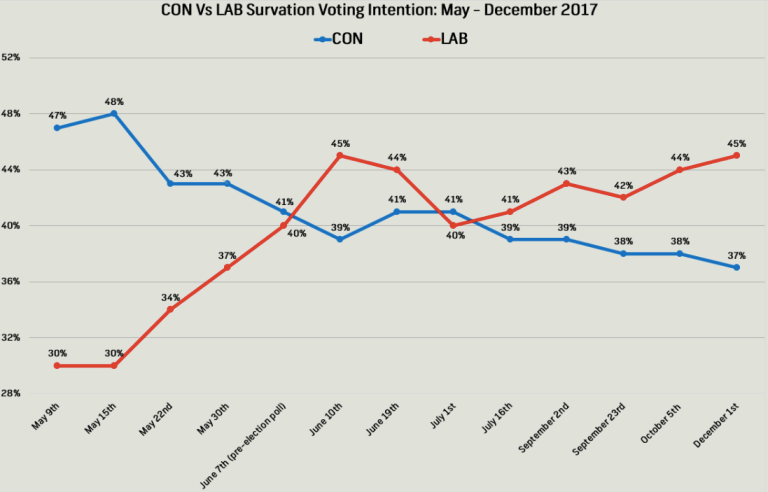Second Brexit referendum has 16-point lead as half of Britons back new vote, opinion poll shows
Survation study also puts Labour at 8-point lead

Your support helps us to tell the story
From reproductive rights to climate change to Big Tech, The Independent is on the ground when the story is developing. Whether it's investigating the financials of Elon Musk's pro-Trump PAC or producing our latest documentary, 'The A Word', which shines a light on the American women fighting for reproductive rights, we know how important it is to parse out the facts from the messaging.
At such a critical moment in US history, we need reporters on the ground. Your donation allows us to keep sending journalists to speak to both sides of the story.
The Independent is trusted by Americans across the entire political spectrum. And unlike many other quality news outlets, we choose not to lock Americans out of our reporting and analysis with paywalls. We believe quality journalism should be available to everyone, paid for by those who can afford it.
Your support makes all the difference.Half of Britons want a public vote on the UK’s final Brexit deal with the EU once the Government’s negotiations are over, a new poll suggests.
Of the 1,003 people surveyed in the Survation poll, 497, or 50 per cent, said they would “support holding a referendum asking the public if they will accept or reject the deal”.
A total of 343, or 34 per cent, said they were against the idea of a public vote, while 164 (16 per cent) said they did not know.
Of the people who were in favour of a referendum on the UK’s deal for exiting the EU, 271 (54.5 per cent) had voted Remain in the 2016 Brexit vote, while 145 (29 per cent) voted Leave. Seventy-four (15 per cent) did not vote.
Of those against holding a Brexit deal vote, 78 (23 per cent) had voted Remain, while 224 (65 per cent) voted Leave. Thirty-five (10 per cent) did not vote.
Polling analyst Mike Smithson said the results of the poll represented “the first time any pollster has recorded backing” for a second Brexit referendum.
The study, conducted for the Mail on Sunday, interviewed adults in the UK online between 30 November and 1 December and had a focus on determining Brexit-related attitudes.
It also saw Jeremy Corbyn extend Labour’s lead over the Tories to eight points – the largest gap in any poll for the last five months.

The poll put Labour at 45 per cent, with Theresa May’s Conservatives trailing behind at 37 per cent.
Survation was the only company to accurately forecast June’s General Election results.
“We’ve not seen such a lead for Labour in a Survation poll since late 2013,” the pollsters founder Damian Lyons Lowe wrote on the company’s website.

“An 8-point lead would put the Labour party into overall majority territory if such vote share totals were reflected at the ballot box.”
It comes as Ms May faces growing pressure to reveal the true cost of the Brexit “divorce bill”.
Senior Conservatives have said that with the bill likely to be between £40bn and £50bn, it is time for the Prime Minister to be fully transparent about how much Brexit will cost the UK.
According to Survation’s poll, only 89 of those surveyed (9 per cent) said they would strongly approve of the UK agreeing to pay £50bn to the EU, while 345 (36 per cent) said they would strongly disapprove.
The Prime Minister is expected to meet with European Commission President Jean-Claude Juncker on Monday to come to an agreement in principle on the withdrawal terms of Brexit, including the divorce bill.
Mr Juncker has said the meeting will be an opportunity for the EU to see whether sufficient progress has been made on withdrawal issues.
If he is convinced, the commission will be expected to suggest to member state leaders at the European Council that talks on transition and trade move ahead.
Join our commenting forum
Join thought-provoking conversations, follow other Independent readers and see their replies
Comments